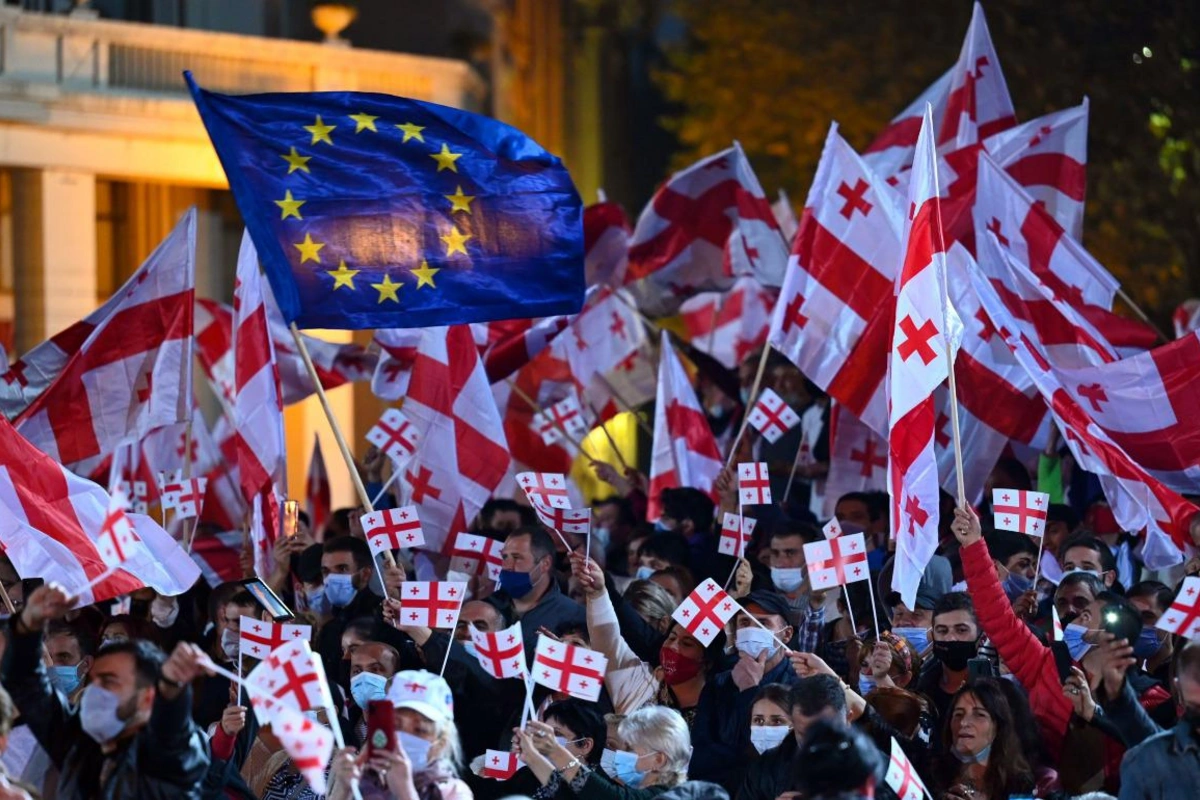
Getty images
On 17 December, the Foreign Affairs Council discussed recent developments in Georgia, focusing on their impact on the Georgian people and the country's European path. This followed the Georgian government's 28 November announcement to suspend the EU accession process until 2028, the resulting mass protests, and the rising violence against protesters, the media, and political opposition, The Caspian Post reports citing foreign media.
“The situation is not going in a positive direction for the Georgian people. Democracies do not oppress opposition voices or curtail the freedom of media,” Kaja Kallas, EU High Representative, told journalists after the Council.
The High Representative said the EU had downgraded political contacts and cut funding for the Georgian government, and announced that there was an agreement on the need to halt the visa free regime for diplomatic passport holders. The Commission will table a proposal on this already this year.
The Council agreed that, going forward, the EU will continue to stand with the Georgian people, including by redirecting funding from the authorities towards the civil society and independent media.
Share on social media